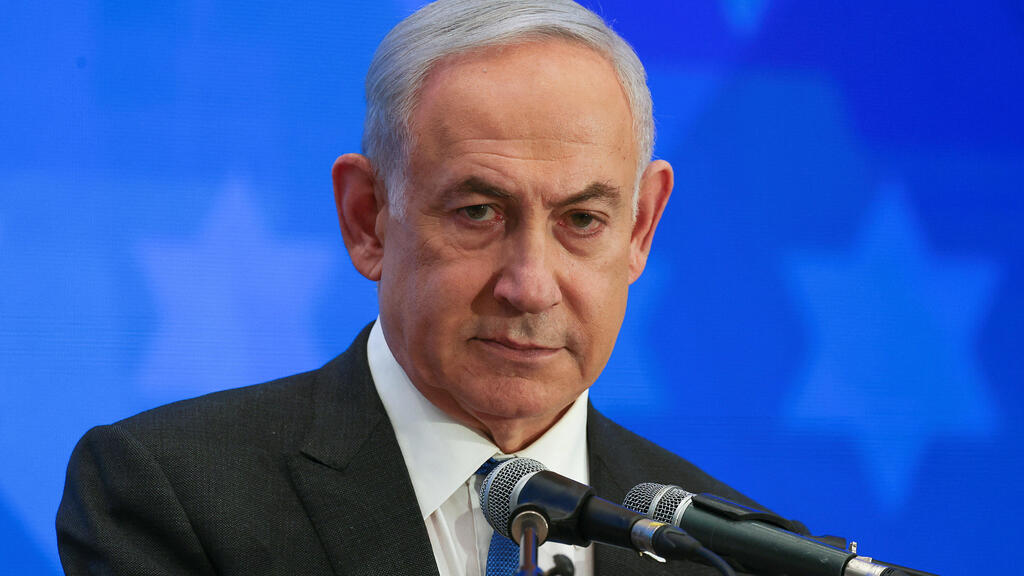Getting your Trinity Audio player ready...
The UN Security Council voted on Monday to approve a resolution demanding an immediate humanitarian cease-fire in Gaza during the Muslim Holy month of Ramadan that ends in two weeks and also calls for the immediate and unconditional release of the Israeli hostages.
מועצת הביטחון של האו״ם מתכנסת להצביע על הפסקת אש לתקופת הרמדאן
(צילום: UN)
The vote was 14-0 with one abstention. Notably, the U.S. abstained, but did not veto, the resolution, which would have prevented it from passing.
The U.S. indicated that it could not support the resolution because it does not include a condemnation of the Hamas terror group. The resolution called for the release of the hostages, but did not condition the cease-fire on their release.
Following the vote, and the lack of a U.S. veto, Prime Minister Benjamin Netanyahu decided to cancel sending a delegation to Washington headed by Strategic Affairs Minister Ron Dermer.
"The U.S. has withdrawn from its consistent position in the Security Council where it only a few days ago made a connection between a cease-fire and the release of the hostages. This withdrawal hurts both the war effort and the effort to release the hostages, because it gives Hamas hope that international pressure will allow them to accept a cease-fire without the release of our hostages," according to a statement from the Prime Minister's Office.
The vote coincided with Israel's announcement that it is suspending all cooperation with the UN Palestinian relief agency UNRWA in the Gaza Strip. A government spokesperson on Monday accused the aid agency of perpetuating conflict. "UNRWA are part of the problem, and we will now stop working with them. We are actively phasing out the use of UNRWA because they perpetuate the conflict rather than try and alleviate the conflict," spokesperson David Mencer told reporters.
This is the first proposed resolution since the outbreak of the war that has been passed by the Security Council and calls for an immediate cease-fire. The resolution is non-binding, however. The Security Council has previously called for additional humanitarian aid to be brought into the Gaza Strip and the release of the hostages, but those proposed resolutions have not passed.
The proposal was promoted by the 10 non-permanent-member countries on the council, and it received the backing of both Russia and China - and the support of the 22 countries of the Arab bloc at the United Nations. In a statement published by the Arab bloc countries before the vote, they called on the 15 members of the Security Council to "act with unity and urgency" and approve the proposal, "in order to stop the bloodshed, preserve human life and prevent further destruction and human suffering."
The proposal came up for discussion in the Council a few days after Russia and China vetoed a proposed resolution submitted by the U.S., which included a softened wording - although still more firm compared to previous wordings submitted by Washington, against the backdrop of the increasing U.S. pressure on Israel. The proposal that failed emphasized the importance of an immediate and lasting cease-fire, without explicitly demanding it, and while tying the cease-fire to the release of the hostages. The proposal received a majority in the council, but was shot down due to the veto of the Russians and the Chinese - who claimed that its wording was too vague.
The U.S. has vetoed three draft council resolutions on the war in Gaza. It has also previously abstained twice, allowing the council to adopt resolutions that aimed to boost aid to Gaza and called for extended pauses in fighting.
Russia and China have also vetoed two U.S. drafted resolutions on the conflict - in October and on Friday.
First published: 16:28, 03.25.24






